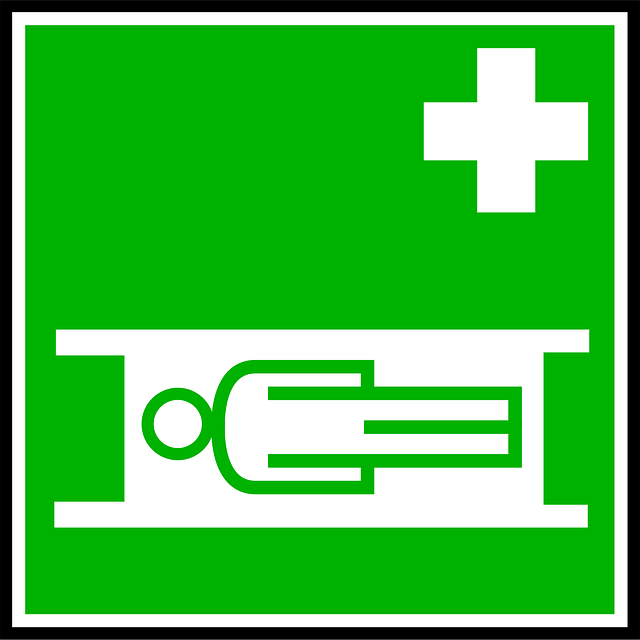Denver's diverse climate attracts pests like aphids, borers, and moths, requiring early identification and professional pest control to avoid costly tree removal (average tree removal cost in the Denver metro area: $500-$1500). Natural methods like beneficial insects and neem oil protect trees and ecosystem health while addressing local pest issues. Homeowners should budget several hundred dollars for tree removal and subsequent pest control services.
In the vibrant, bustling Denver metro area, maintaining healthy trees is essential for our landscape. However, pests pose a significant threat. This article guides you through the critical aspects of tree care, focusing on identifying common pests like aphids and bark beetles. We explore natural control methods to keep your trees robust and suggest understanding the cost estimation for removal and treatment, including the average tree removal cost in the Denver area. By the end, you’ll be equipped to protect these vital urban and natural resources.
- Identifying Common Tree Pests in Denver
- Natural Pest Control Methods for Trees
- Cost Estimation: Tree Removal and Infestation Treatment
Identifying Common Tree Pests in Denver

Denver’s diverse climate makes it home to a variety of trees, but also invites in several common pests. Among them are aphids, known for their sweet secretions that encourage sooty mold growth; borers, which bore into trees and create entry points for other pathogens; and campden moths, caterpillars that feed on the inner bark. These pests can cause significant damage, from defoliation to tree death, and early identification is crucial.
The average tree removal cost in the Denver metro area varies depending on the size and type of tree, as well as the extent of the infestation. Property owners should consider professional pest control services if an infestation goes untreated or worsens. Regular monitoring and prompt action can save trees and prevent costly removal.
Natural Pest Control Methods for Trees

Many homeowners prefer natural pest control methods for trees to avoid expensive chemical treatments, especially considering the average tree removal cost in the Denver metro area can vary significantly. Organic solutions like introducing beneficial insects or using neem oil can effectively combat common tree pests. Beneficial insects, such as ladybugs and lacewings, feed on tree-damaging pests, helping to keep their populations in check. Neem oil, derived from the neem tree, disrupts the growth and reproduction of various pests, including spider mites and scale insects.
These natural methods not only protect trees but also promote a healthier ecosystem in your yard. Additionally, they offer long-term protection by fostering an environment that discourages pest infestations. This approach can be particularly effective for tree species native to the Denver area, which have evolved alongside local pests, making them more resilient to organic control tactics.
Cost Estimation: Tree Removal and Infestation Treatment

Tree removal, a crucial step in addressing severe pest infestations, varies in cost depending on several factors unique to each property and tree. In the Denver metro area, homeowners can expect to pay an average of $500 to $1500 for tree removal services, with some larger or more complex jobs potentially costing significantly more. This range reflects the varying heights, species, and accessibility of trees, as well as the specialized equipment and skilled labor required for safe removal.
After tree removal, treating the infestation itself incurs additional costs. Professional pest control treatments can range from $200 to $1000 or more, depending on the extent of the infestation and the types of treatments needed. The average Denver homeowner may find themselves investing several hundred dollars to address both the tree removal and subsequent pest control needs, ensuring their property is free from harmful insects and their damaging effects.
When it comes to tree care, pest infestations can pose a significant challenge. However, with proper identification of common pests like borers or aphids and the implementation of natural control methods, homeowners in the Denver metro area can effectively manage these issues. If treatment proves insufficient, understanding the average tree removal cost specific to the region is crucial for making informed decisions. Regular maintenance and timely intervention are key to preserving your trees’ health and beauty, ensuring they continue to enhance your landscape without unnecessary expenses.
